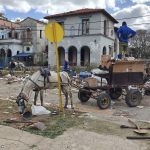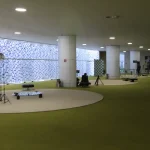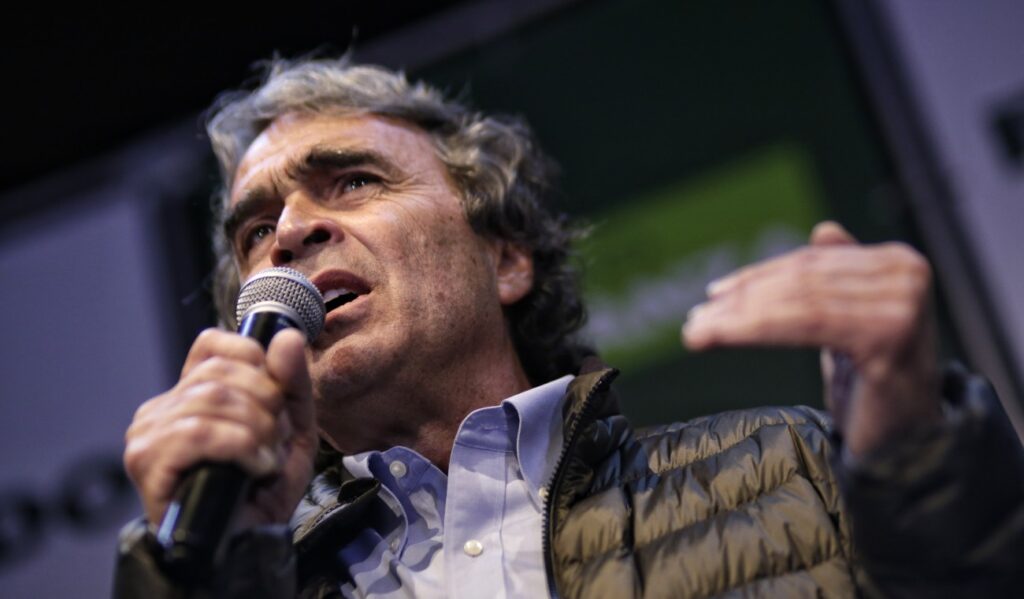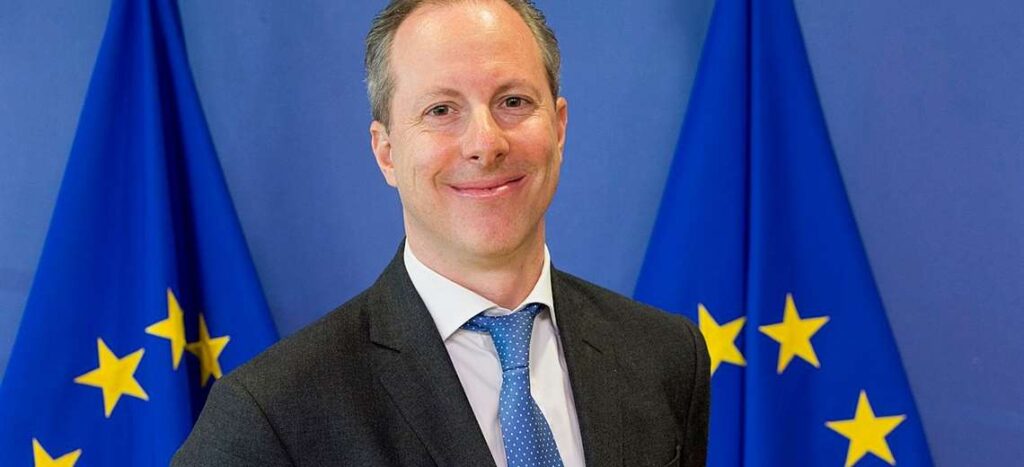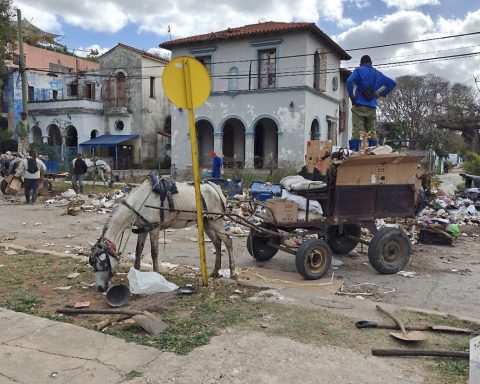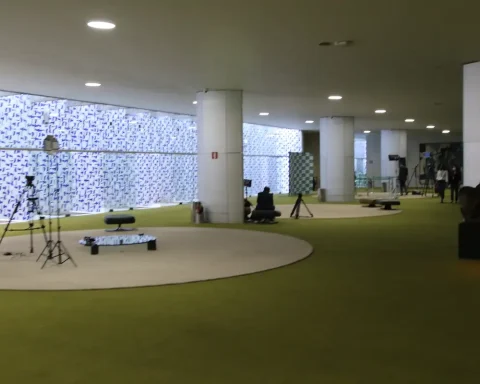Although on the one hand the authorities of the Government of President Gabriel Boric rule out reestablishing the State of Exception, which lasted for 6 months in the term of Sebastián Piñera, what is clear is that, whatever the new name, the country’s highest authority indicated – during the week – that work is being done in “intermediate states so that military forces can carry out security tasks, for example, on highways.”
The “intermediate states” proposal, which should be approved by Congress, took up the agenda again in the framework of the strike of truckers and forestry contractors, mobilized until this weekend. Although the Executive completely rejected the idea of re-establishing the Constitutional State of Exception -despite pressure from right-wing parliamentarians and transportation mobilizations-, the Undersecretary of the Interior, Manuel Monsalve, expressed his commitment to work on a reform to short term, in order to provide protection and shelter of the roads through the use of the Armed Forces.
It may interest you:
However, for some representatives of Mapuche communities and organizations, the authorities’ announcement is full of ambiguities and political risks. For him leader of the Cacique Federico Alcamán community and the Ayun Mapu Territorial Organization, Iván Reyes Alcamánany military presence in the area could generate even more tension, especially due to the expectations that the communities had placed on the new government.
“It is clear that it is a political mistake by Boric. No one expected a situation like this. That he finally ends up doing what Piñera did. If we wanted Piñera to leave and another President to arrive to make policies in favor of the people, and it happens that with those announcements he puts us in a bad position, ”says the Mapuche leader.
position that shares national counselor of the National Corporation for Indigenous Development (Conadi), Ana Llao. For the historical activist of Ad Mapu, the announcement of an “intermediate state” is rather a euphemism for what was applied during the government of Sebastián Piñera in the so-called “Wallmapu”.
“The truth is that this concept is not very understandable. I am one of the people who travels the territory (La Araucanía) a lot, I have to travel a lot. And the roads are guarded by the military, in each of the places they call the red zone. Here, it must be said, the State of Exception continues”, says Llao.
For both Mapuche leaders, continuing with a policy of “militarization of the Southern Macrozone” is a “mistake” by the new authorities. Especially for what they qualify as a “contradictory speech.” On the one hand, “they highlight the commitment to dialogue, but more police officers are announced for the area,” they say.
“There can be no sincere dialogue if armed soldiers are being brought in. There is going to be more rebellion, more anger, and with good reason, against this disastrous response from the Government. We hope that he (Boric) does not do it, it will only aggravate the conflict”, assures Reyes Alcamán.
In the 1980 Constitution, the State of Constitutional Exception is categorized as a “state of assembly, siege, catastrophe and emergency.” It was within the framework of the latter that the Biobío and La Araucanía regions remained with a military presence on streets and highways for 6 months. This, until the administration of Gabriel Boric decided not to ask Congress for its renewal last March.
According to Galvarino Reiman, Mapuche leader of Nag-Che Communities and former candidate for the reserved seats of the Constitutional Convention, the Mapuche communities also want “peace, security and stability. But if these announcements (intermediate state) are not clear, it will be a covert measure and it will not have good results. And in the end, the situation of conflict in the Southern Macrozone will worsen”.
On results and a substantive solution
Reyes Alcamán lives in a Mapuche community in the Quepe sector, very close to the La Araucanía airport, about 20 minutes from the regional capital, Temuco. in conversation with The countersays that during the six months that the State of Exception lasted in the south “we had a truck with soldiers and they asked us for our documents every time we had to enter and leave the community.”
And he emphasizes another point: “During that time the violent acts still continued to occur. What is needed here is that the laws with the communities be complied with.”
What Reyes Alcamán refers to is the territorial demand. “There are numerous communities that have lands usurped by the estates. With court rulings from 30 or 40 years ago. They indicate that these lands should be returned, but not a meter has been returned to those communities. So, if you ask me, who does not comply with the rule of law? The law for the communities is not working here”, he stresses.
For Reiman, this is the underlying issue: “We must understand that the territorial claim has no turning back,” he says. “Today the Executive has a great opportunity to find a way to solve this problem in a more objective and real way. Until now they have had an ambiguous, superficial attitude, very symbolic, which does not solve the problem”, he adds.
And it goes further. He dares to advise the Government of President Boric that “it should not wait for the result of the Convention. This is a matter of political will. The Government could promote in Congress an expropriation bill, based on a mechanism that forms part of a new pact with the communities.”
But for the Counselor of Conadi, Ana Llao, the picture is even more complex. “There are more than 800 communities just from the provinces of Cautín and Malleco (La Araucanía), without counting the communities of Biobío, Los Ríos and Los Lagos, demanding territory. To provide a solution to these communities, it would take almost 200 years to pay off all the historical debt. So here it’s a matter of resources,” she concludes.








